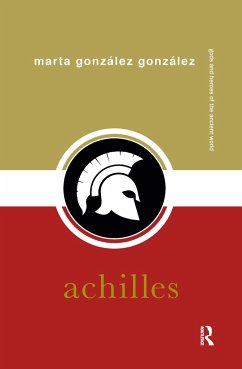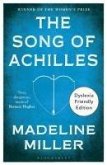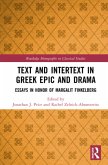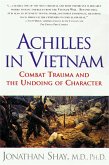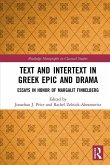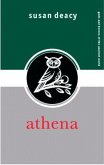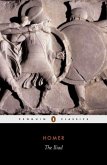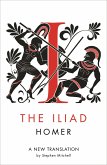Achilles is the quintessential Greek hero, but that does not mean that he is a conventional hero. His uniqueness is dictated by his birth, as the son of a sea goddess, and his education at the hands of a centaur. The hero's exceptional nature also forms part of the tension that both unites and opposes him to Apollo.
Achilles presents the different episodes in the life of this hero conventionally, in chronological order, based primarily on the Greek sources: birth, education, deeds in Troy, death and subsequent destiny as a figure of worship. On the other hand, this study employs the hero Achilles to reflect on various issues, all of them crucial for historians of the Greek world: what it meant to be and become a man in ancient Greece, what a hero's aretê consisted of, how the Greeks represented the concepts of friendship and camaraderie, what moved them to revenge or reconciliation, what hopes they harboured as they faced their fate, how they imagined something as difficult to conceive of as a human sacrifice, and how they developed their ideas about the afterlife and hero cult.
Achilles presents the different episodes in the life of this hero conventionally, in chronological order, based primarily on the Greek sources: birth, education, deeds in Troy, death and subsequent destiny as a figure of worship. On the other hand, this study employs the hero Achilles to reflect on various issues, all of them crucial for historians of the Greek world: what it meant to be and become a man in ancient Greece, what a hero's aretê consisted of, how the Greeks represented the concepts of friendship and camaraderie, what moved them to revenge or reconciliation, what hopes they harboured as they faced their fate, how they imagined something as difficult to conceive of as a human sacrifice, and how they developed their ideas about the afterlife and hero cult.
"Achilles is a complex hero. His brief, brilliant life is sacrificed to avenge the death of his beloved friend. He is a consummate warrior, yet he is childlike in his rage; and outside the Homeric Iliad we learn that he was dressed as a girl to escape being sent to fight at Troy. Marta González González explores the many facets of this fascinating figure, deftly applying insights from modern theories, literary and psychological, to help bring him into focus. It is a pleasure to read."
- David Konstan, New York University, USA
"[This volume] presents some provocative insights shedding new light on old problems. The most intriguing are drawn from recent theories of evolution and psychology concerning the emotions of anger and grief. Deeply moving are the observations of how Achilles' grief over the death of Patroclus can be used for the modern psychological understanding of post-traumatic stress and survivor symptoms in Vietnam veterans (pp. 114-5)."
- Susan Woodford, Bryn Mawr Classical Review 2018
- David Konstan, New York University, USA
"[This volume] presents some provocative insights shedding new light on old problems. The most intriguing are drawn from recent theories of evolution and psychology concerning the emotions of anger and grief. Deeply moving are the observations of how Achilles' grief over the death of Patroclus can be used for the modern psychological understanding of post-traumatic stress and survivor symptoms in Vietnam veterans (pp. 114-5)."
- Susan Woodford, Bryn Mawr Classical Review 2018

